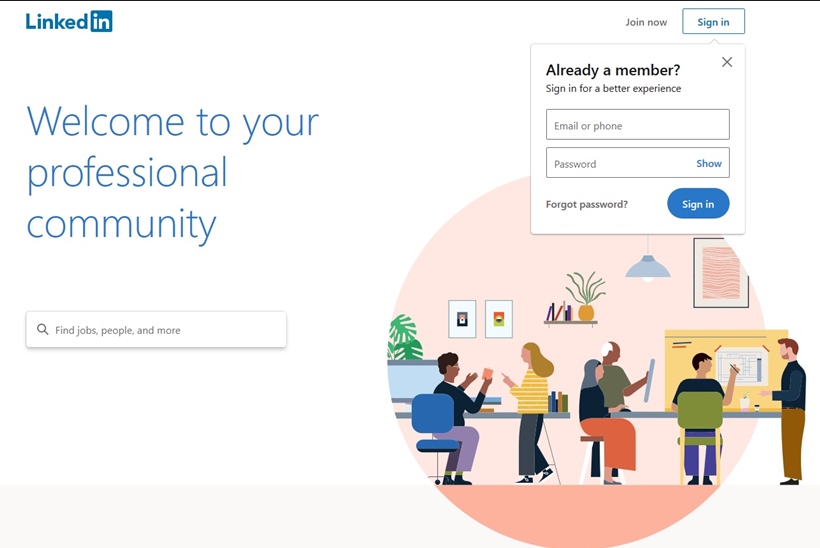Business and employment website
LinkedIn is migrating to Microsoft’s Azure platform. LinkedIn was launched in May, 2003 and represents something of a ‘social network’ with a business slant. It is well-known as a professional networking tool and a boon for both job seekers and companies looking for employees. Originally located in Mountain View, California, United States, LinkedIn was bought by Microsoft on June 13, 2016 at a cost of $26.2 billion. At the time it was historically the corporation’s largest acquisition. Despite Microsoft owning the Azure public cloud platform, post-acquisition the company has operated using its own data center infrastructure.
The whole LinkedIn infrastructure and its 650 million members will be moved to Azure. Like its competitors Amazon Web Services (AWS) and Google Cloud Platform (GCP), Microsoft Azure offers a full suite of scalable and reliable compute and storage services. These include ‘Big Data’ and Machine Learning (ML). Microsoft is positioned in second place after cloud market leader AWS, but its strategy of engaging high-value, high-profile customers to the platform is helping the corporation close the gap. This strategy includes recently winning a multibillion-dollar cloud contract with telecommunications company AT&T. Moving a big name like LinkedIn to the platform is further likely to pique interest in Azure’s capabilities.
“In recent years we’ve leveraged a number of Azure technologies in ways that have had a notable impact on our business,” wrote LinkedIn’s Principal Software Engineer, Mohak Shroff on the company’s blog. “The agility, capacity and elasticity that Azure provides has allowed us to accelerate video post-delivery, improve machine translation in the Feed and keep inappropriate content off our site. That success, coupled with the opportunity to leverage the relationship we’ve built with Microsoft, made Azure the obvious choice. Moving to Azure will give us access to a wide array of hardware and software innovations, and unprecedented global scale.”
Do you know of any other companies moving to Azure? Let us know the details. Add your comments below.
